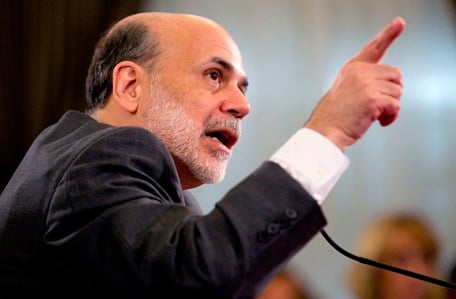A recent mortgage-backed securities sale and reverse repos have gone unnoticed by investors fixated on Fed funds rate.
The Federal Reserve and the Treasury Department quietly have taken the first tangible steps to raising interest rates, according to bond manager Dave Pequet.
With little fanfare, the Treasury Department announced March 18 that it would start selling a $142 billion portfolio of mortgage-backed securities acquired during the financial crisis.
On March 23, the Federal Reserve, which owns about $944 billion of mortgage-backed instruments, announced it would start a new, “gradually expanding” round of small reverse-repurchase transactions, said Mr. Pequet, president of MPI Investment Management Inc.
Reverse repos are designed to take cash out of the banking system and raise rates, said Mr. Pequet, whose firm manages about $300 million in fixed-income and balanced strategies for small institutional customers. Its bond portfolios have high-quality paper with an average duration of just under three years.
The Fed's moves were the "first two concrete actions that are tightening in nature," he said. "It's the first time we've gone from rhetoric and speculation [about tightening] to actual physical acts."
But the announcements produced no major headlines, nor much in the way of follow-up from the TV "talking heads," Mr. Pequet said.
Investors and the press tend to focus on the federal funds rate, which probably won't increase for another six to 12 months, he said.
Meanwhile, the Fed plans in June to end its second quantitative easing program, which may end up short of its goal of buying $600 billion in bonds, Mr. Pequet said.
The program's end means "$100 billion a month on the buy side will go away," he said. That amounts to about 70% of the demand for U.S. Treasuries.
"I think the trend is pretty clear," Mr. Pequet said. "The [bond] market is already showing some pretty significant [rate] increases" since QE2 was announced in mid-November.
"I think we'll see continued pressure on rates to jump higher," he said.
At least Mr. Pequet hopes so.
"I've never worked so hard in my life" trying to get clients some yield, he said.







